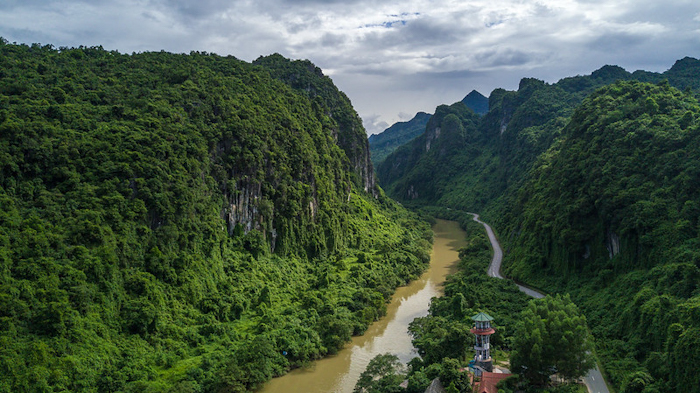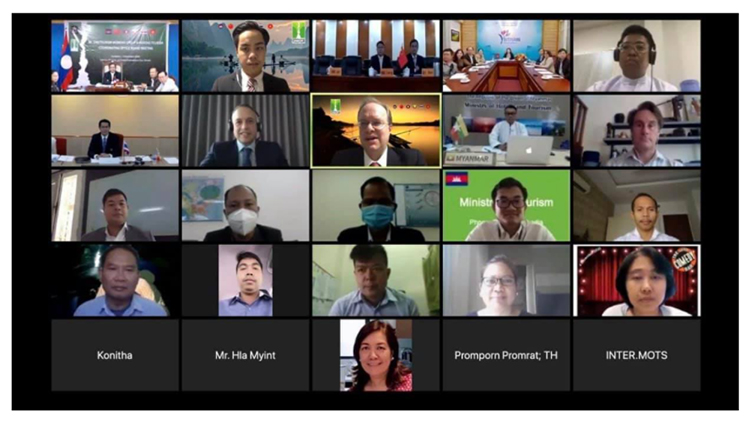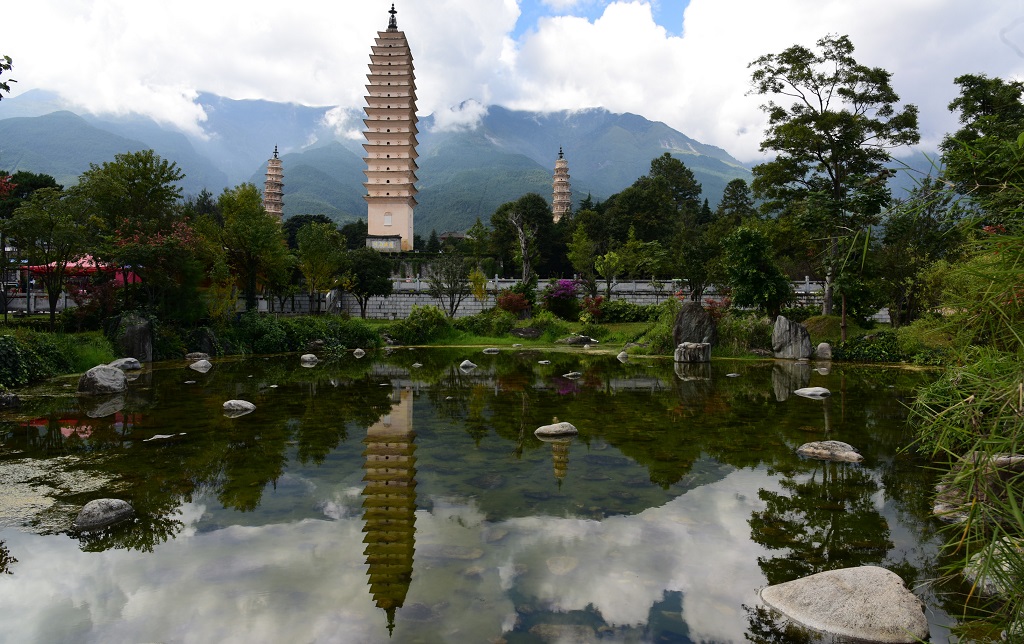
The Phong Nha-Ke Bang National Park in Viet Nam offers nature-discovery tours and adventures. The GMS Sustainable Tourism Development Project supported tourism businesses operated by local people around the National Park. Photo by ADB.
Countries in the Greater Mekong Subregion are working together to promote the subregion as a single destination for international visitors and encourage communities to enhance the environmental, social, and economic benefits of tourism.
The Tourism Working Group (TWG) provides operational leadership and technical guidance to plan, implement, monitor, and evaluate subregional activities.
In September 2017, ministers from the six member countries of the Greater Mekong Subregion (GMS) endorsed the GMS Tourism Sector Strategy 2016-2025 to enable more competitive, balanced, and sustainable destination development. The Strategy sets out five strategic directions: (a) develop human resources, (b) improve tourism infrastructure, (c) enhance visitor experiences and services, (d) conduct creative marketing and promotion activities, and (e) facilitate regional travel.
Work of the GMS tourism working group has included marketing sustainable and pro-poor tourism in the subregion through the development of multi-country tour packages; training government officials and people working in the tourism industry; producing local products for sale to tourists; and preserving the ecological and cultural heritage of key tourist sites in the subregion.
The GMS Economic Cooperation Program Strategic Framework 2030 (GMS-2030) builds on the current Tourism Strategy directions. Since the subregion’s tourism industry has been severely impacted, the GMS-2030 will promote recovery efforts, such as intraregional tourism. Over the long term, GMS-2030 will support the development of higher value-added and secondary destinations, as well as strengthen human capital, connectivity infrastructure, public–private linkages, and environmental sustainability. GMS-2030 was endorsed and adopted at the 7th GMS Summit of Leaders in September 2021. It aims to provide a new setting for the development of this subregion for the next decade.
Related
• Greater Mekong Subregion Tourism Sector Strategy 2016-2025
• Mekong Tourism Coordinating Office website
Focal Persons at the Asian Development Bank
Steven Schipani
Water and Urban Development Sector Office
Sectors Group
Dee Suvimol Thanasarakij (Ms.)
Executive Director,
Mekong Tourism Coordinating Office
www.mekongtourism.org
Other Concerned Staff & Consultants
Zulfia Karimova, EAPF
Regional Cooperation and Integration Unit
Central and West Asia Department
Mark Bezuijen
Agriculture, Food, Nature, and Rural Development Sector Office
Sectors Group
Asadullah Sumbal
Regional Cooperation and Integration Unit
Southeast Asia Department
Alma Canarejo
Regional Cooperation and Integration Unit
Southeast Asia Department/GMS Secretariat
Send inquiries to GMS Secretariat.

The Phong Nha-Ke Bang National Park in Viet Nam offers nature-discovery tours and adventures. The GMS Sustainable Tourism Development Project supported tourism businesses operated by local people around the National Park. Photo by ADB.

Photo by the MTCO
The Government of Lao People’s Democratic Republic (PDR) with assistance of the Mekong Tourism Coordinating Office (MTCO) virtually convened the 46th Meeting of the Greater Mekong Subregion (GMS) Tourism Working Group (TWG-46) on 3 December 2020. The meeting was attended by representatives of the National Tourism Organizations (NTOs) of the six GMS countries—Cambodia, the People’s Republic of China, Lao PDR, Myanmar, Thailand, and Viet Nam—the MTCO, and the Asian Development Bank (ADB).
The 24th GMS Ministerial Conference (MC-24) was held on 4 November 2020 with the theme “Pave the way to a more integrated, inclusive, sustainable and prosperous GMS.”

The Three Pagodas of Chongsheng Temple in Dali. Photo: Deng Jia/ADB.
The Mekong Tourism Forum 2019 will be held at Dali City in Yunnan province of the People's Republic of China from 28 to 29 May 2019.
The Greater Mekong Subregion (GMS) Tourism Working Group will hold its 42nd meeting (TWG-42) on 4–5 December 2018 in Phu Quoc Island, Kien Giang Province, Viet Nam.